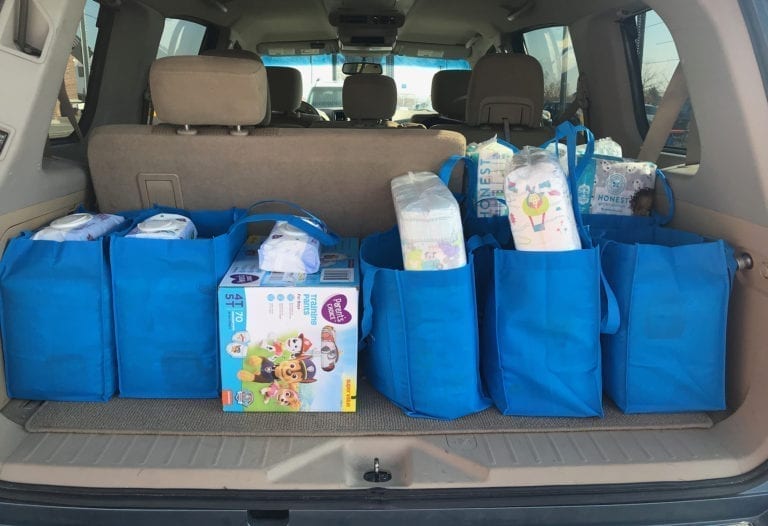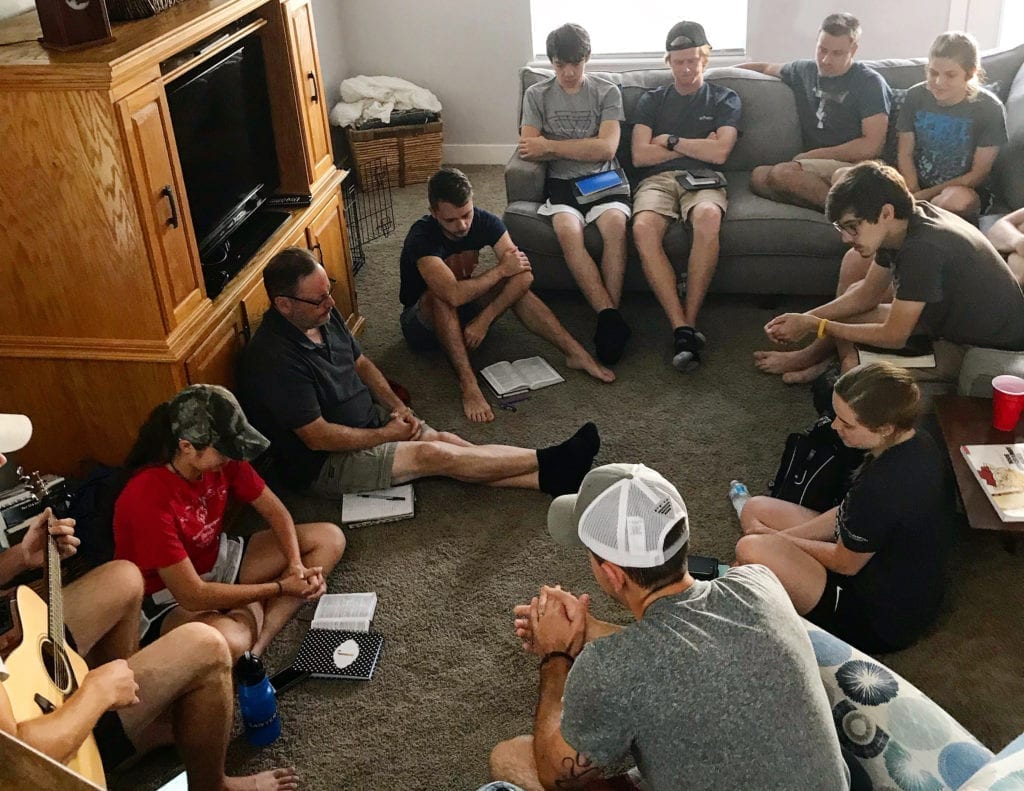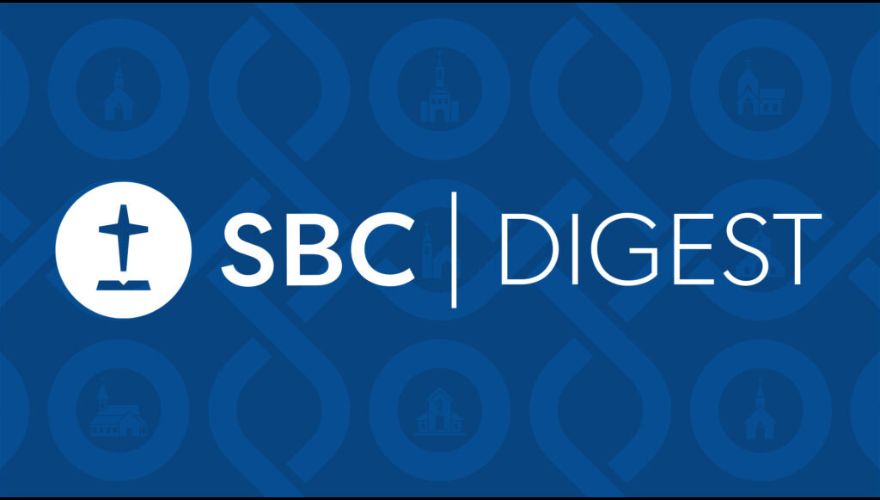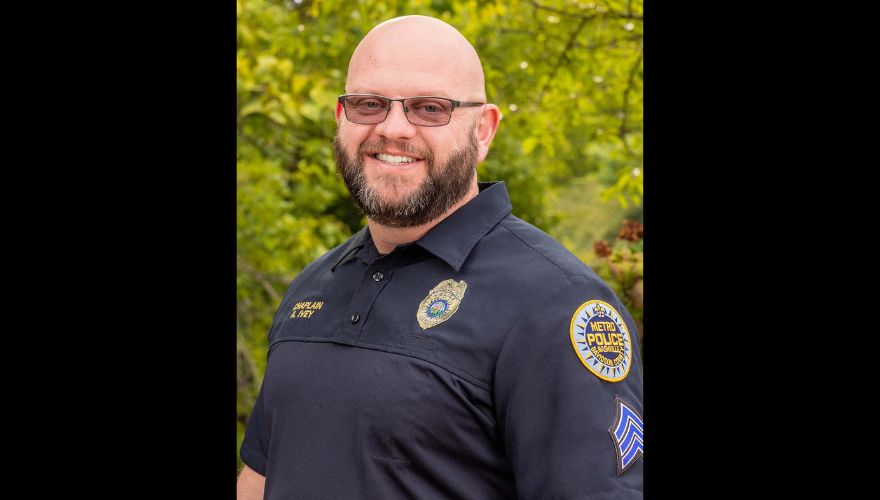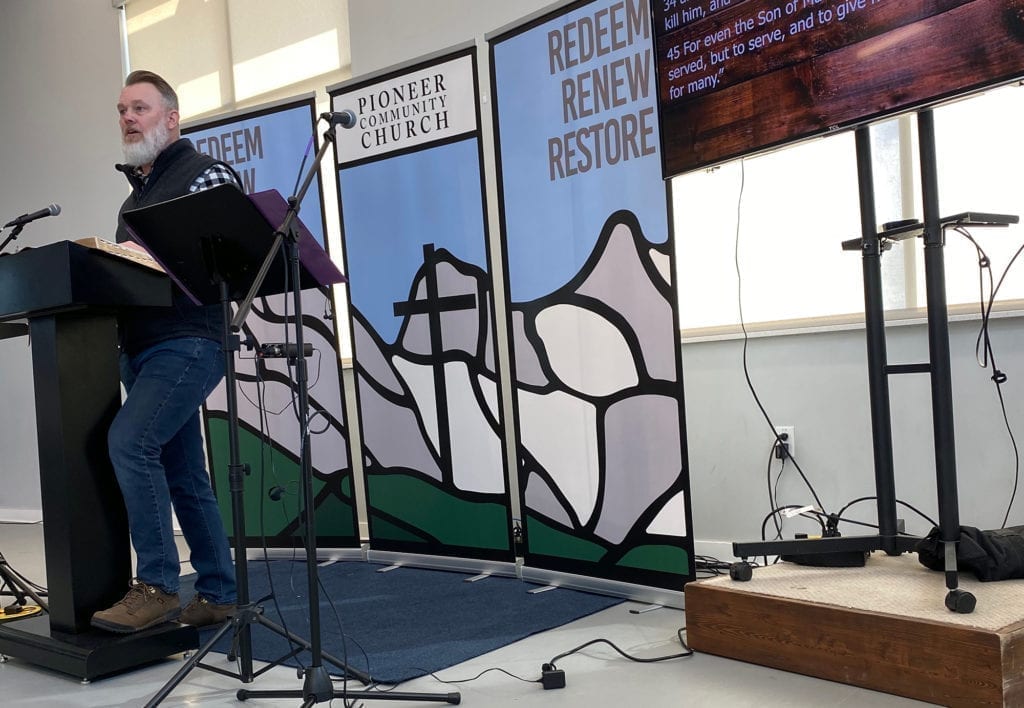
"As a NAMB planter I know where the money goes,” church planter Barry Smith said. “We see the fruit of churches across the Southern Baptist Convention partnering together. We are part of that fruit."
Barry Smith, bi-vocational pastor at Pioneer Community Church, is in his second attempt to plant a church southwest of Salt Lake City.
Both plants committed at the outset to allocate 10% of their undesignated offerings to missions through the Cooperative Program, the way Southern Baptists work together to advance God’s kingdom work in states, around the U.S. and worldwide.
“As a NAMB planter I know where the money goes,” Smith said. “We see the fruit of churches across the Southern Baptist Convention partnering together. We are part of that fruit. We benefit from the larger churches, and giving to CP teaches us. It embeds giving and being generous with our funds.
“The 10% of our little church won’t change the world but we’ve been Southern Baptist our whole lives. We know what we [Southern Baptists] do together – through the North American Mission Board and the International Mission Board – and we really appreciate being part of that.”
The Smith family moved to Utah in 2013, sent as lay missionaries by First Baptist Church of Windemere, Fla., now known as Family Church, where Chuck Carter is lead pastor. God had redirected their lives when First Windemere invited Adam’s Road to speak. Adam’s Road is a music and testifying group of former Mormon “missionaries,” who had been sent out as young adults to convert others to the Church of Jesus Christ of Latter-day Saints, but have since come to true faith in Christ.
Smith owned and operated a fleet of bike taxis and his wife Jennifer had “a good desk job” (so the family had benefits). But the message from Adam’s Road changed their path.
“Hearing there wasn’t this great gospel presence we have in Florida, we were both broken individually for the people of Utah and both of us felt called to do something in Utah,” Smith said.
As soon as the family arrived in Utah, they began working with various groups ministering to Mormons. Two years later, after the Smiths’ pastor, Carter, had attended a NAMB church-planting conference and then prayed about what that might mean for First Windemere, he called the Smiths and asked them to consider transitioning from lay missionaries in Utah to church planters.
After praying about it, Barry and Jennifer Smith went through the NAMB assessment process and chose the Eagle Mountain location. Newly started out of barren ground in 1996, Eagle Mountain had grown from 2,000 residents in 2000 to about 44,000 by 2020. It is one of the fastest-growing cities in the nation, in one of the fastest-growing states in the nation, thanks to a vibrant economy.
The first plant, started in 2016, never did “gain any traction,” Smith said, meaning that no one came to their in-home Bible study except those already connected with another church, and a couple who had moved from Florida for a time to join the Smiths in starting a church in a town that had no evangelical Christian witness.
Bruised by the lack of success, the Smiths persevered, sure of God’s call to minister in a place where the majority religion was not Christianity. Barry stayed focused on ministry while continuing to work his full time job in logistics for an international shipping firm. Jennifer, disabled, was homeschooling the two children they still had in the home while leading the church’s worship and doing all the church’s administrative work. The Smiths have five children, two of whom are in law enforcement, and two grandchildren.
“Teaching ‘Transitions,’ a class that focuses on the journey from Mormonism to biblical Christianity, helped prepare us for church planting,” Smith said. “It gave us context for what people are going through in Utah County,” which includes the towns within the metro Provo area, 45 miles south of Salt Lake City. Provo is home to the Mormon-owned Brigham Young University.
Their strategy wasn’t to reach Mormons specifically, but just people who needed Jesus, the pastor said.
“Pioneer Community Church promotes itself as a safe place to explore your faith,” Smith said. “The church’s goal is to see the people of Utah redeemed, renewed and restored by the power of Jesus Christ.”
The peaceful Salt Lake Valley, where Mormon leader Brigham Young’s westbound caravan first settled in 1847, is today home to nearly 2 million people as it stretches more than 100 miles north and south and to the east as far up the slopes of the Wasatch Mountain Range as it can. The only room to grow is west. That’s where Eagle Mountain is. That’s why it has grown so fast as Metro Salt Lake has prospered.
Smith said they had always planned to relaunch and did so in May 2019, as Pioneer Community Church.
“This was the only commercial building in Eagle Mountain,” he said. “The owner gave us such a good deal. Our [personal] giving covered the rent and expenses to relaunch. We still have the same deal: the use of the whole building and parking lot, and we have keys! It’s been a blessing.”
When not being used for Pioneer Community Church’s worship services, the building is used as a dance studio. They also host a preschool and karate classes.
“We have about 40 people who are part of the church; 25 on Sundays,” Smith said. “Pre-COVID we were in the high 30s attending.
“We have several chronically ill,” the pastor said. “Nine are women – that’s a huge number in a church this size – and we had 21 hospital stays last year.”
His wife Jennifer endures sometimes debilitating rheumatoid arthritis as well as Crohn’s disease.
“There’s a graciousness between those who suffer,” Smith said. “It’s good because we’re able to minister, but we have fewer to do the work.
“We have youth coming Wednesday night who are not part of the church, eight to 12 of them,” he said. “I taught middle school boys in Florida, 21 kids. Now I preach to 21 people.”
The Smiths started Pioneer Community Diaper and Formula Pantry when they started the church.
“We started it first as a mercy and outreach ministry,” Smith said. “Even if parents are making bad decisions the kids have no say and still need diapers and formula. My wife does 90% of deliveries and mission teams help.
“We deliver on Tuesdays and Thursdays in Provo down to Spanish Fork, and we have a card that has other Utah County church names and addresses where people attend. They might not be able to come to Eagle Mountain, but they know from the card that there are other Christian churches around.”

